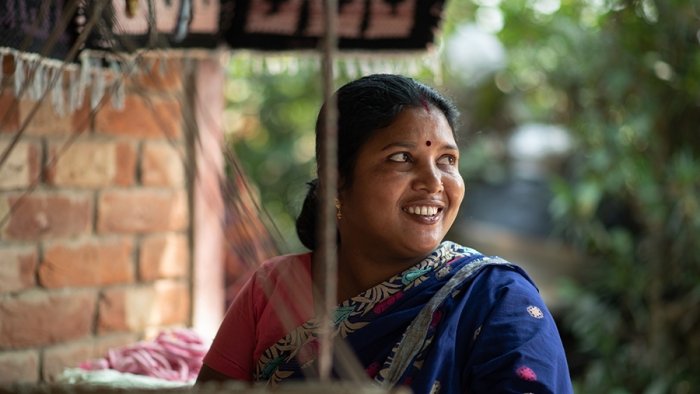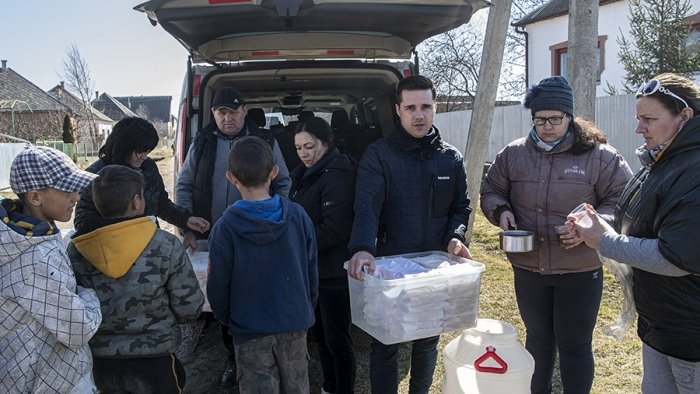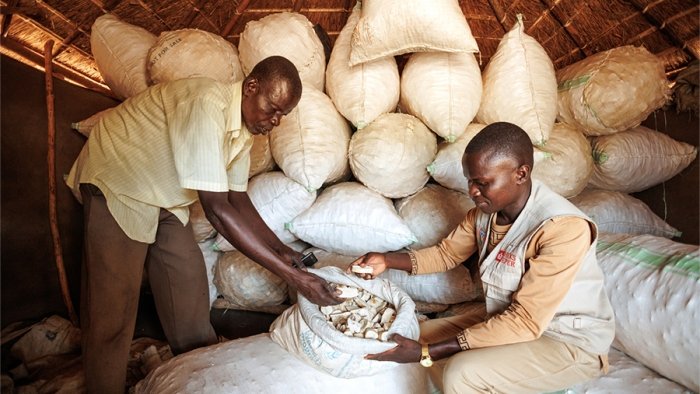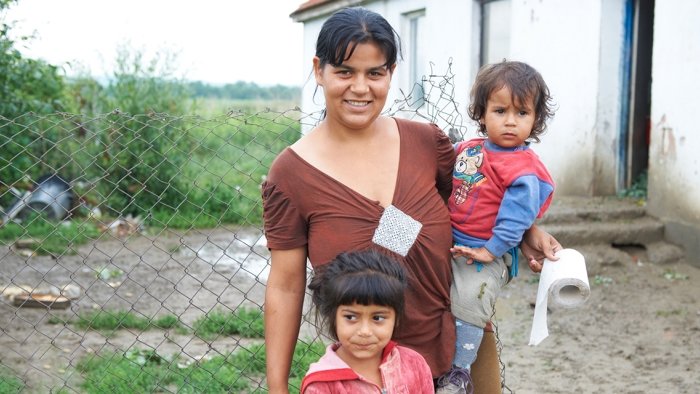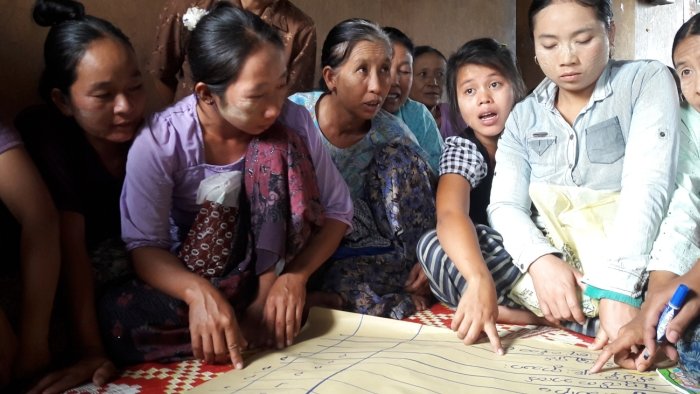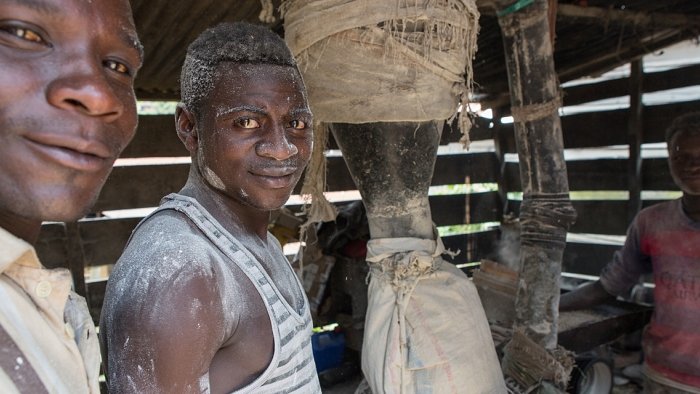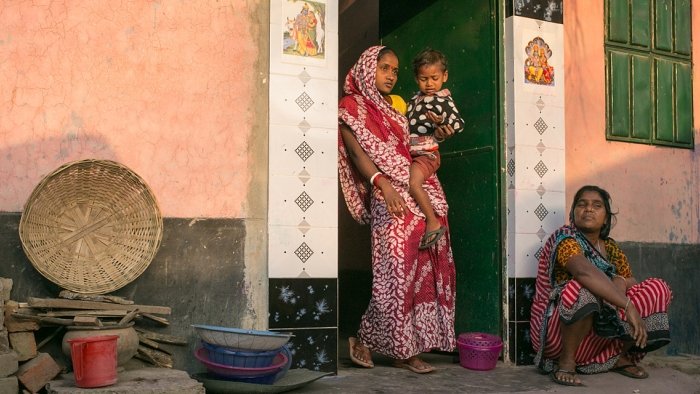Navigating Violent Conflicts and Climate Change: Building Security through Trust, Dialogue, and Shared Goals
HEKS/EPERs approach to peacebuilding and conflict transformation emphasizes the importance of integrating human rights into humanitarian aid and development cooperation, in line with the triple nexus. Overcoming discrimination, including among the most vulnerable groups, is a mean to promote positive peace and prevent violent conflicts. Moreover, HEKS/EPER has focused on researching and implementing methods to transform resource conflicts, over the past fifteen years, with recent additional attention to the interaction between climate change and land conflicts.
Conflict transformation by HEKS/EPER
The concept of conflict transformation by HEKS/EPER involves promoting locally led peace initiatives, fostering strategic dialogues, and building trust among various groups. HEKS's conflict transformation concept is based on five pillars: Protection/Security, Connections/Dialogue, Accountability/Advocacy, Cohesion/Non-violence, and Inclusion/Participation.
The HEKS Diapraxis approach combines practical shared goals of development cooperation with ongoing trust-building and dialogue to promote peace. Lastly, trauma work and quiet diplomacy play crucial roles in HEKS/EPER's peacebuilding efforts.


